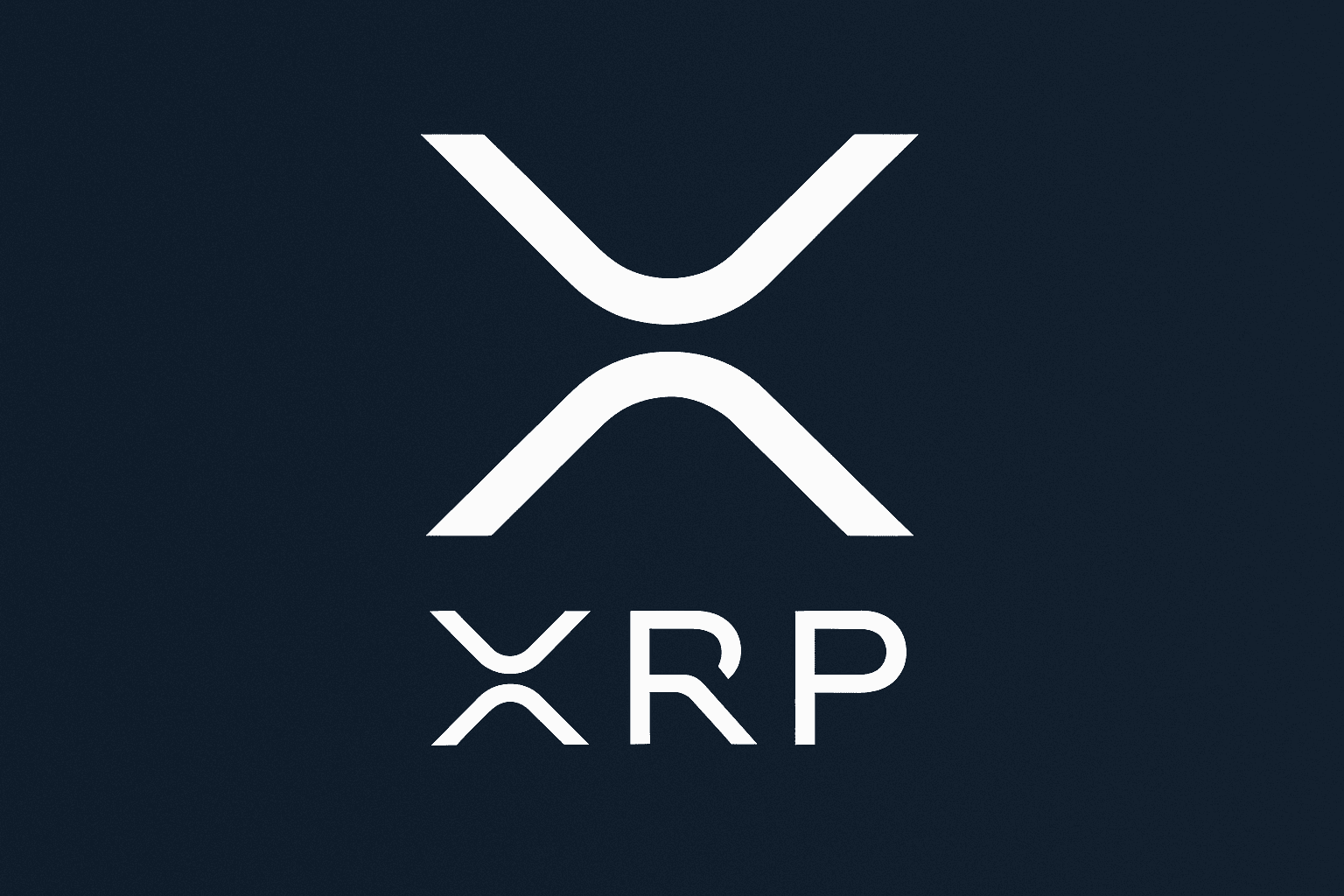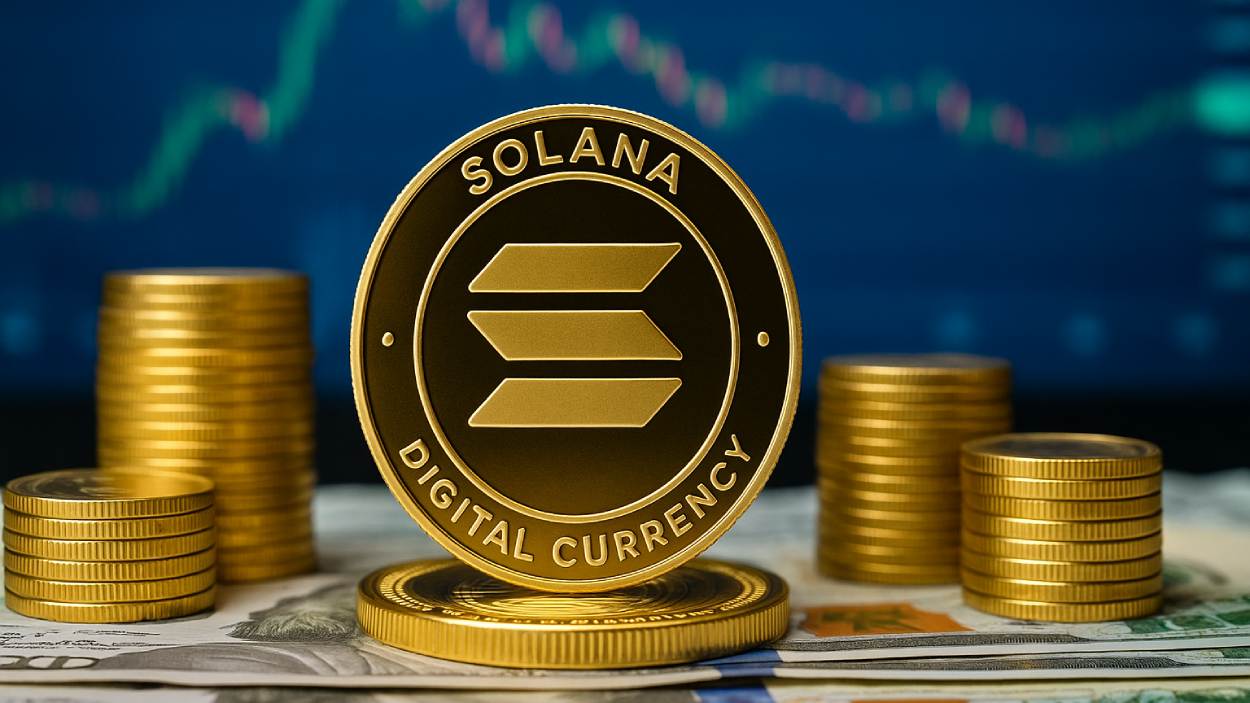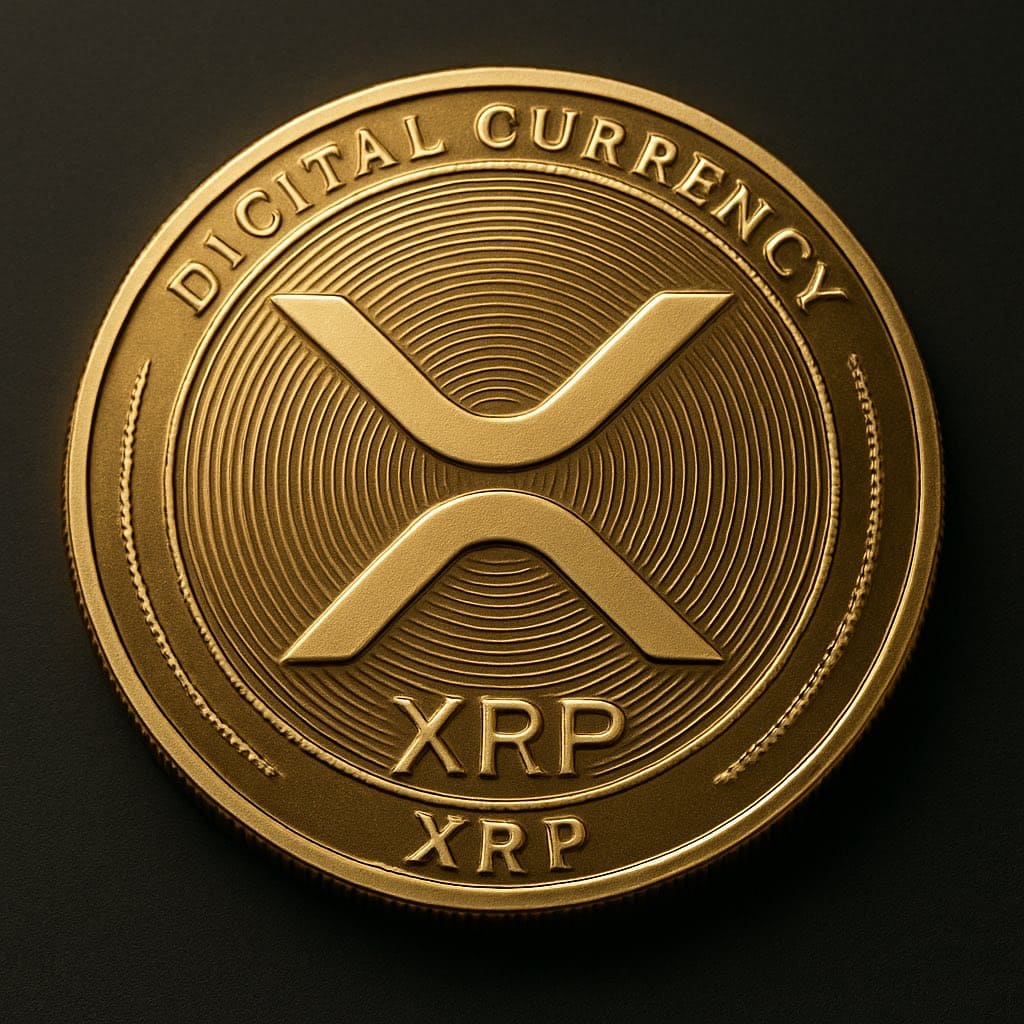Ripple has announced a partnership with Absa Bank to launch institutional-grade digital asset custody services in South Africa. The deal marks Ripple’s first major custody collaboration on the African continent, expanding its growing network of services for financial institutions worldwide.
Under the partnership, Absa Bank will integrate Ripple’s digital asset custody technology to support secure storage and management of tokenized assets, including cryptocurrencies. The alliance aims to meet the growing demand for compliant and scalable digital asset infrastructure among institutional clients in emerging markets.
Ripple stated that its custody system aligns with regulatory and operational standards required for large-scale financial institutions. Absa’s adoption of the system will enable the bank to develop new digital asset products within South Africa’s evolving regulatory environment.
Robyn Lawson, Head of Digital Product, Custody at Absa Corporate and Investment Banking, stated that the move shows the bank’s commitment to providing reliable and secure solutions in response to changing customer and market expectations. Lawson added that Ripple’s infrastructure meets the “highest security and operational standards,” allowing Absa to deliver next-generation financial services to its clients.
Expanding Ripple’s Global Institutional Network
The partnership builds on Ripple’s growing network of institutional custody and payments clients across Europe, the Middle East, Asia-Pacific, and Latin America. The company’s technology supports traditional banks and fintech firms in integrating blockchain-based solutions into their operations.
Reece Merrick, Ripple’s Managing Director for the Middle East and Africa, noted that the agreement highlights the digital transformation underway across the continent. He said that Africa is “undergoing a shift in how value is stored and exchanged,” outlining Ripple’s aim to support that change with secure digital asset infrastructure.
Ripple has maintained a presence in Africa through collaborations with firms such as Chipper Cash, which uses Ripple’s crypto-enabled payments technology. The company also recently introduced its USD-backed stablecoin, RLUSD, in African markets to support cross-border transactions.
Institutional Demand and Regulatory Developments
According to Ripple’s 2025 New Value Report, 64% of financial leaders in the Middle East and Africa identify faster payments and settlements as a key factor driving adoption of blockchain-based currencies for cross-border payments.
Ripple currently holds more than 60 regulatory licenses and registrations globally, positioning its infrastructure to support financial institutions seeking compliant methods to store, exchange, and transfer digital assets.















